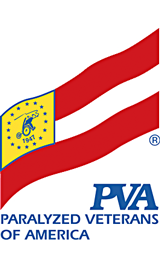Module 7: Documentation and Clinician Billing
Presenter: Mark R. Schmeler, PhD, OTR/L, ATP
Click here to view Presentation (1 hour, 35 minutes)
Click here to view Handout (.pdf)
Abstract
This module addresses the importance of clinical documentation. Regardless of where a clinicians works or the funding source, documentation is a critical part of good practice. To illustrate good documentation and how documentation can reflect best-practice as well as comply with funding policies, the USA Medicare policy will be used as an example in the context of the case studies. The module further describes Common Procedure Terminology (CPT) codes used by clinicians to bill for their services.
Learning Objectives
Upon completion of this module the learner will be avble to:
- List four reasons why documentation is necessary
- List two reasons why claims for power wheelchairs are often denied
- List four common components of a documented history and physical that would be pertinent should a person require a wheelchair
- Describe two quantifiable methods to document functional mobility
- List two CPT billing codes that are acceptable relative to the provision of wheeled mobility and seating devices
Additional Resources
- Click to Download copy of Rhonda's report
- Click to Download copy of Pete's report
- Link to RSTCE half day courses on Medicare documentation for MAE
- Click to Download copy of Schmeler, M.R. & Chovan, C.D. (2007, June). MAE Assessments Can Lead to Referrals. HME Today, (19)
Updated | 08.27.2015


